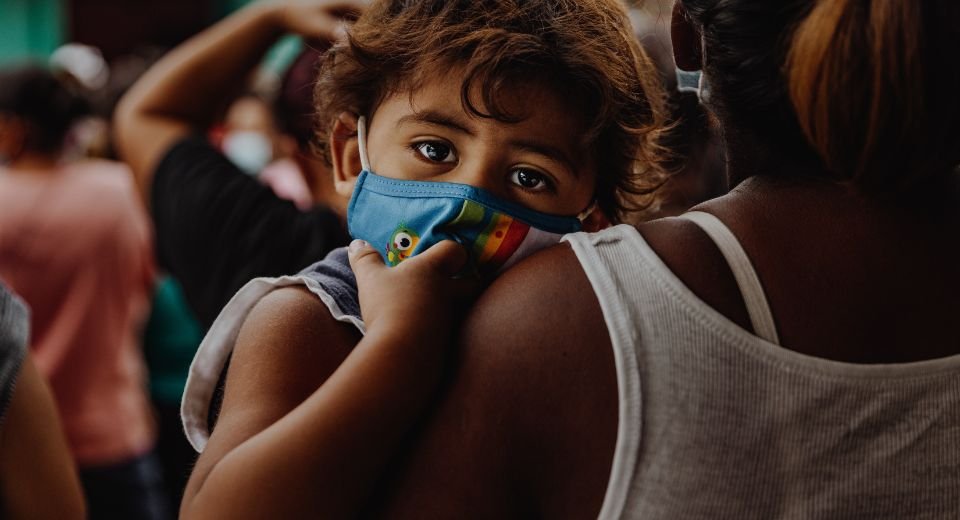Bharti Jayshankar
February 17, 2025: The suspension of US foreign aid has disrupted life-saving health initiatives, including HIV treatment, polio eradication, and responses to mpox and avian flu in 50 countries, according to the World Health Organization (WHO).
The WHO Director-General Dr Tedros Adhanom Ghebreyesus stated at a Geneva briefing that the freeze on USAID funding has led to shuttered clinics, laid-off health workers, and halted services under programs like PEPFAR (President’s Emergency Plan for AIDS Relief). “Clinics are shuttered, and health workers have been put on leave,” Tedros emphasized, calling the move a “serious impact on global health”.
According to sources, 21 million people relying on PEPFAR for HIV treatment face uncertainty . Over 60,000 individuals in Myanmar alone lost access to critical health services .
The suspension will cause a $40 billion annual aid gap—0.6% of U.S. federal spending, threatening food security, disease prevention, and humanitarian relief in conflict zones like Yemen and Ukraine.
The vast majority of USAID money is spent in Asia, sub-Saharan Africa and Europe, where it is primarily used for humanitarian efforts in Ukraine.
Dr. Tedros urged the U.S. to resume funding until alternatives emerge: “We ask the U.S. to consider continuing its funding at least until solutions can be found. There are actions that the U.S. government is taking… which we’re concerned are having a serious impact on global health”.
Meg Doherty, WHO’s HIV and hepatitis director, highlighted the fragility of short-term fixes: “We have sought support from country to country for sharing medicines, but this is only a short-term approach” 68.
Humanitarian collapse
The freeze jeopardizes decades of progress. Polio, nearly eradicated, could resurge, while reduced US reporting on bird flu cases weakens global surveillance. Experts warn of delays in vaccine development and treatments, echoing setbacks seen during COVID-19.
In Ukraine, Syria, and South Sudan, USAID-funded food and disaster relief programs are collapsing. War Child Alliance reported 414,000 children in Lebanon lost access to education overnight, with similar crises in Gaza and Sudan.
Geopolitical Shifts
The vacuum left by USAID—which funded 47% of global humanitarian initiatives in 2024—may be filled by China’s Belt and Road Initiative or the EU’s Global Gateway. Critics warn this could shift power dynamics, with China accused of “debt-trap diplomacy”.
While the Trump administration claims USAID is “incompetent” and “corrupt,” former USAID administrator Andrew Natsios called the cuts a “disaster for the Global South,” driven by political vengeance. The freeze also undermines US soft power, with authoritarian regimes like Russia and Venezuela praising the move as a blow to pro-democracy efforts.
Long-term risks
In the long-term, microfinance and gender equality programs face cuts, risking job losses and weakened civil societies. In Afghanistan, USAID’s absence could lead to 1,200 maternal deaths by 2028. Estimates are that the cut will lead to increased mortality risk due to HIV infection in new-born babies as they will have no access to medicines. “Cutting off this support is essentially a death sentence for the 1.3 million people currently on antiretroviral treatment,” says Kyomukama Flavia, executive director of the National Forum of People Living with HIV Networks Uganda.








